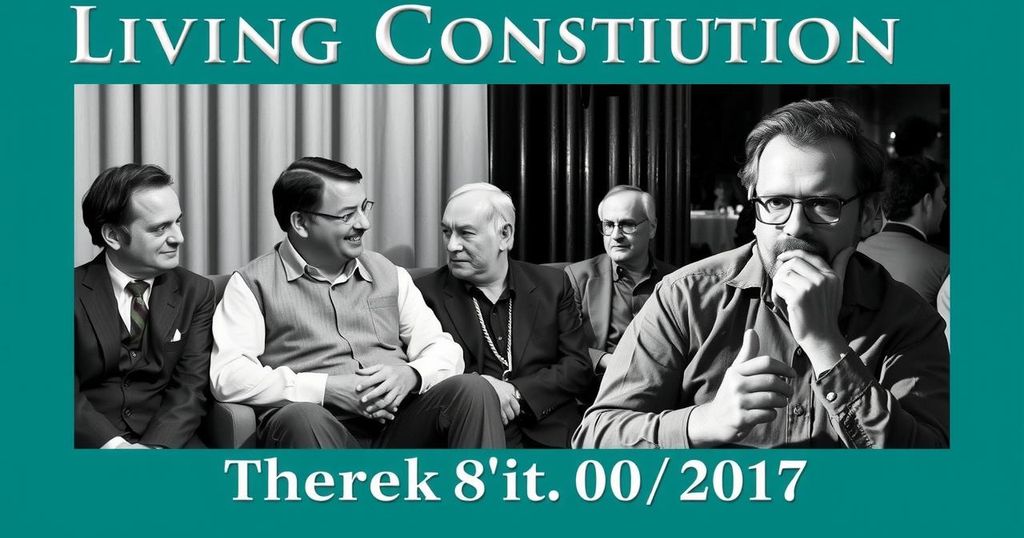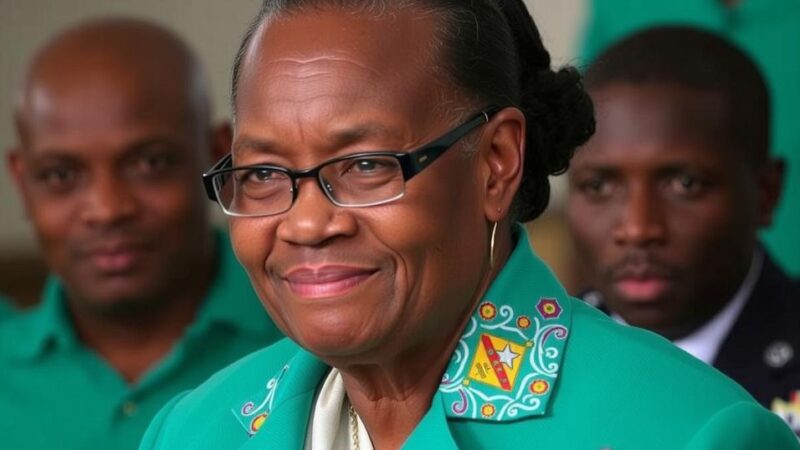TMC MP Derek O’Brien, in the Rajya Sabha, emphasized that the Indian Constitution is a living document integral to societal governance. He expressed opposition to the ‘one nation, one election’ bill introduced in the Lok Sabha and highlighted concerns over the declining representation of women and marginalized groups in Indian politics. O’Brien’s comments reflect broader issues in the functioning of democracy and the importance of inclusive governance.
In a recent session of the Rajya Sabha, Derek O’Brien, a Member of Parliament representing the Trinamool Congress (TMC), articulated that the Constitution of India should be perceived not merely as a text confined to libraries but rather as a dynamic entity actively influencing the lives of citizens across the nation. He asserted that on the same day that discussions regarding the Constitution were taking place, the government introduced the controversial ‘one nation, one election’ bill in the Lok Sabha, provoking objections from the opposition. O’Brien emphasized the need for a functioning federalism and the importance of opposition voices in parliamentary debates, referencing past incidents that highlighted the marginalization of dissenting opinions. He lamented the decrease in women’s representation in the Lok Sabha and criticized the government’s appropriation and renaming of successful state initiatives, thus underscoring a perceived trend of central government overreach.
Furthermore, O’Brien echoed concerns raised by other MPs about equality and representation under the Constitution, highlighting systemic disparities faced by marginalized communities. Esteemed members from various political parties, including CPI and DMK, reinforced these sentiments by calling attention to inequities in access to resources and governmental representation. Such discussions are pivotal in shaping the ongoing discourse surrounding constitutional governance in India.
The dialogue surrounding the Constitution of India reflects deep-rooted concerns regarding governance, representation, and the principles of federalism. In recent debates, various political entities have raised alarms over the introduction of legislative measures that could undermine the foundational democratic processes delineated by the Constitution. Furthermore, the consistent observation of declining representation among women and marginalized groups invites critical scrutiny on inclusivity in governance. The invocation of landmark issues, such as the ‘one nation, one election’ proposal, signifies significant divides in political ideologies and practices across the spectrum of Indian politics.
The discussions led by Derek O’Brien and other Parliament members highlight vital concerns about the continuing relevance and application of the Constitution in contemporary India. They effectively illustrate the need for sustained advocacy for representation, inclusivity, and adherence to federal principles. As the nation navigates through complex political terrain, such debates underscore the necessity for vigilant guardianship of democratic values enshrined within the Constitution.
Original Source: www.hindustantimes.com







